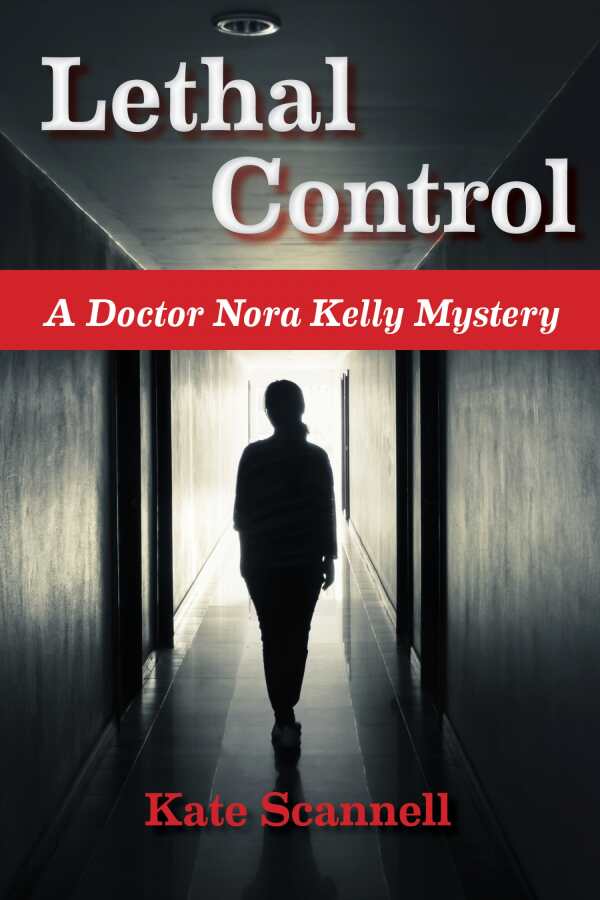Lethal Control
A Doctor Nora Kelly Mystery
Lethal Control is a physician-led mystery with a strong social message.
In Kate Scannell’s mystery novel Lethal Control, doctors investigating strange symptoms unravel a capitalist conspiracy.
Nora is a physician who’s seen wild medical marvels, so the arrival of a blue patient doesn’t phase her. But then she notes a connection between the blue woman and other recent patients who’ve presented with rare signs of toxicity: they all live in the same encampment for people experiencing homelessness, a self-made community in an old stadium area that prides itself on secrecy.
As Nora and her team uncover information about the property’s past, a host of folks move to stop them, all with their own ties to the area. Nora and her team suspect that the stadium property itself is contributing to their patients’ sicknesses. Financial greed and attitudes of entitlement and superiority motivate many to acts of cruelty; differing levels of complicity are philosophically considered. Though second guessing herself due to trauma, Nora has no choice but to follow her instincts to the end of the mystery.
Nora is a curious and competent woman. She’s a role model in her workplace because of her diagnostic skills. These are apparent both in conversation and as Nora disappears into an altered state to come up with her conclusions. She also deals with PTSD; her past traumas are covered in sessions with her therapist and via brief flashbacks. Nora struggles, but also identifies her triggers and employs coping skills. Even so, she questions her thinking and laments feeling like a burden to her friends.
This series title includes characters from a previous volume; their introductions here are light, but their personalities are still made apparent. Still, characters float in and out of the narrative. A fellow doctor and colleague of Nora’s, Carl, is direct to the point of social toe-stepping; Aditya is also a doctor, and he idealizes Nora and her skills; Fred, a longtime friend of Nora’s, allows his opinion to be swayed by his business interests. Nora’s patients play a major role; they show what it is like to live in the encampment, where a woman and her daughter express healthy distrust of government agencies and “nice people.”
The book’s flow is navigated through location-based chapters, with the story separated into parts that speak to themes of environmentalism, and how area toxicity affects the people that live on poisoned grounds. And the book’s mystery elements are punctuated with scenes of medical drama and diagnostic processes. These varying stories connect in the high-energy resolution, in which Nora’s fears—and willingness to push through them—are validated.
Lethal Control is a mystery whose physician-led investigation results in a social message about environmental consequences and the experience of homelessness.
Reviewed by
Delia Stanley
Disclosure: This article is not an endorsement, but a review. The publisher of this book provided free copies of the book and paid a small fee to have their book reviewed by a professional reviewer. Foreword Reviews and Clarion Reviews make no guarantee that the publisher will receive a positive review. Foreword Magazine, Inc. is disclosing this in accordance with the Federal Trade Commission’s 16 CFR, Part 255.

